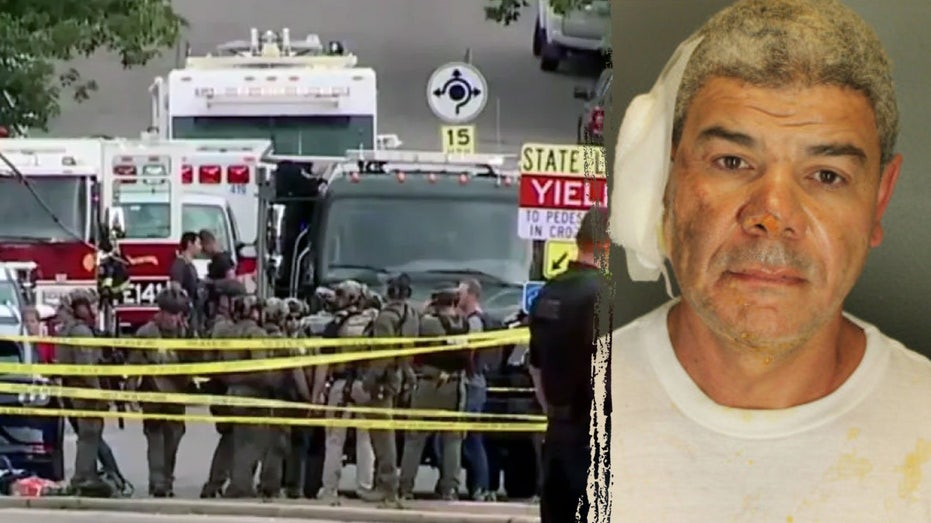Boulder Terror Attack Suspect Exhibited Signs of Lone-Wolf Radicalization, Former FBI Supervisor Reveals
Alleged attacker Mohamed Sabry Soliman sparks fears of rising lone-wolf violence after Colorado rally attack.

The city of Boulder, Colorado, is grappling with shock and outrage following a violent attack at a pro-Israel rally on Sunday afternoon. The suspect, Mohamed Sabry Soliman, 45, an Egyptian national who was in the United States illegally, allegedly unleashed homemade incendiary devices, injuring at least eight people during a daytime demonstration at Pearl Street Mall. Bystander videos captured the chaos as a shirtless man, reportedly Soliman, brandished additional firebombs before he was surrounded by law enforcement and taken into custody.
Witnesses say the attack appeared calculated, with the suspect reportedly shouting, "Free Palestine," as he targeted rally participants gathered to call for the release of Israeli hostages held by Hamas. Law enforcement and security experts describe the incident as bearing the hallmarks of a lone-wolf terrorist attack—a type of violence that has become increasingly difficult for authorities to predict or prevent.
Retired FBI supervisory special agent Jason Pack noted, “From a behavioral and psychological profiling perspective, this suggests impulsive extremism or a desire for martyrdom rather than escape or survival.” He added that such attackers often act alone, sometimes influenced by online propaganda or intense personal grievances, and tend to exhibit erratic behavior coupled with makeshift weapons. According to Pack, “The erratic behavior, crude weaponry, and politically charged language point to a disorganized, emotionally unstable individual whose radicalization, if confirmed, could place this case within the growing trend of unpredictable, lone-wolf-style domestic attacks.”
An arrest affidavit revealed details from Soliman's interview with investigators, further highlighting the amateur nature of the plot. Soliman reportedly admitted to researching how to make Molotov cocktails on YouTube, purchasing supplies, and then traveling specifically to Boulder to carry out his attack. Notably, before leaving for Boulder, he left behind personal effects, including an iPhone and a journal containing messages for his family, suggesting forethought and intent.
During questioning, Soliman allegedly confessed a motive rooted in hatred, stating he wanted to "kill all Zionist people" and expressing regret only that he could not do more harm. For law enforcement, this is a troubling echo of other recent attacks where suspects act out of perceived powerlessness or isolation, turning to violence in pursuit of attention or ideological vengeance.
Beyond the immediate human toll—victims in this case ranged in age from 52 to 88, with at least one person critically injured—the attack has reignited debates over immigration enforcement and event security. Soliman had originally entered the United States on a non-immigrant visa in August 2022. That visa expired in February 2023, but he remained in the country and was later granted a work permit through March 2024. Authorities have since confirmed that he was residing in the U.S. illegally at the time of the attack.
The FBI has labeled the incident a “targeted terror attack”. Law enforcement officials across the country are now reviewing security protocols for similar events, particularly those addressing contentious political or international issues. As Pack emphasized, “These kinds of lone-wolf attacks are tough to predict, but they’re not impossible to stop. The key is sharing intel, watching for behavioral warning signs, and not ignoring threats when they surface.”
Soliman faces a slew of charges, including attempted first-degree murder, crimes against at-risk adults and elderly individuals, assault, attempted commission of felonies, and the use of explosives or incendiary devices during a felony. The Boulder community—and communities nationwide—are left on edge, reminded yet again of the persistent threat posed by isolated individuals driven to violence by radical beliefs and personal grievances.




